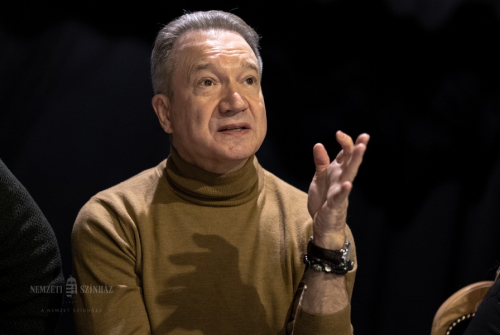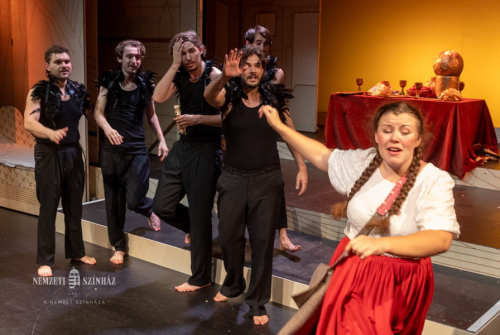
Premiers - 2025/2026

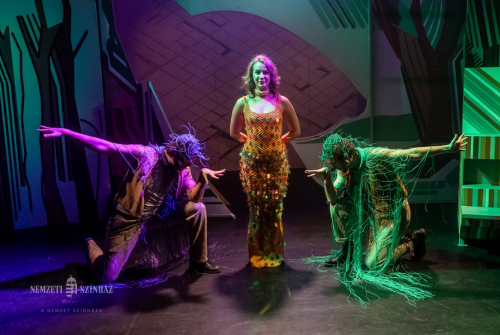
or radical optimism
My decision to engage with Voltaire’s Candide is connected to the word optimism. To that fascinating word which, nowadays, has become more a subject of mockery, or else is treated as a form of weakness. Its essence seems to have retreated, out of fear of reality.
What does it mean to be an optimist today? Is it even possible anymore? Can we still hope for something better?
This is why I added another word to the title, one that is all too familiar to us today: radicalism.
This Candide is a simple optimist—this Candide is a radical optimist.
Hence the title of the play: Candide, or Radical Optimism.
Director: Aleksandar Popovski
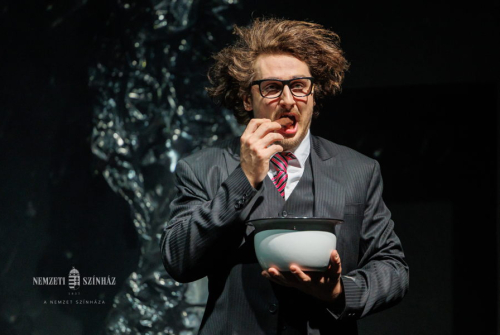
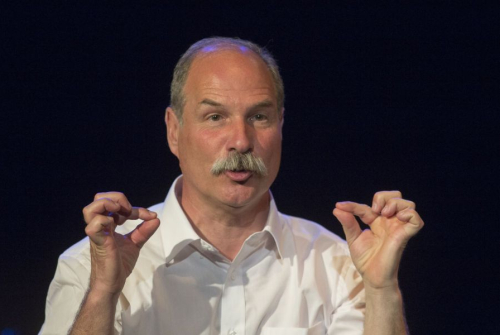
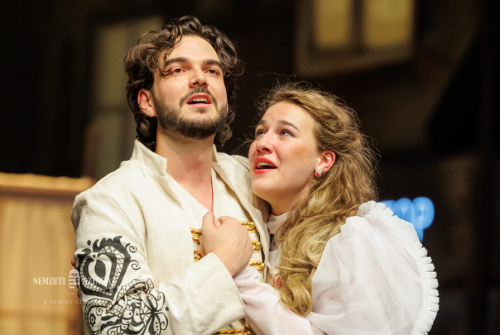
Új köntösbe bújtatjuk Gogol Revizorját, hogy ezzel a képzavarral éljünk. Igaz, csak a helyszínt és a körülményeket hozzuk közelebb napjainkhoz, hiszen a jellemek és az általuk teremtett helyzetek örök érvényűek. Az egyén és az általa teremtett társadalom működési mechanizmusai szinte változatlanok, mióta világ a világ. A képmutatás, a kapzsiság, a ravaszság állandó kísérői az emberi társadalomnak, megrontói a harmónia, a rend után vágyakozó keveseknek. Ne dőljünk azért kardunkba, inkább nevessünk egy jót – leghamarabb magunkon!
Director: Attila Vidnyánszky Jr.

László Földes HOBO solo evening
The line-up of the Surviving Trallalla is given by the lyrics that Hobo considers important, for which no music was made that he would have liked to sing. He selected those from more than seventy such lyrics, which take us from the change of regime to the present day, but with each poem we can also reach back to the era before the change of regime. Between the performance of the lyrics and poems, Hobo recalls what impulses, joys and pains, what events and circumstances lie behind each great line or verse.
Director: Attila Vidnyánszky
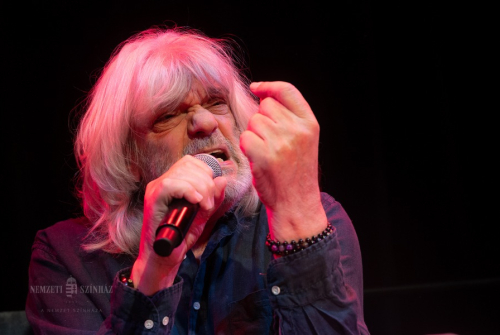
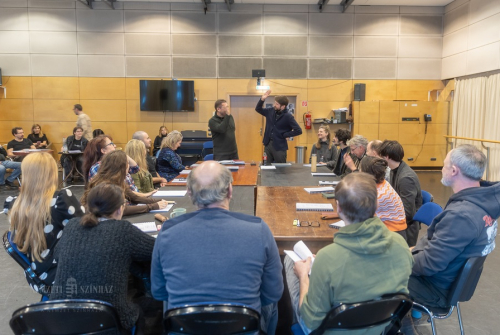
A realistic drawing in two parts, in which not everything is as it seems
Director: Attila Vidnyánszky

